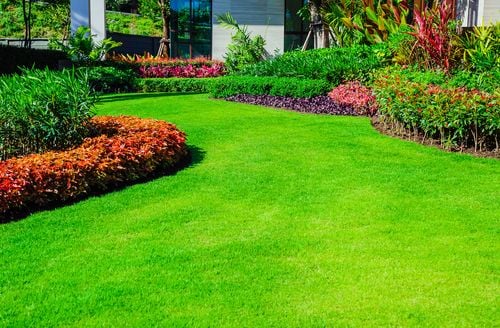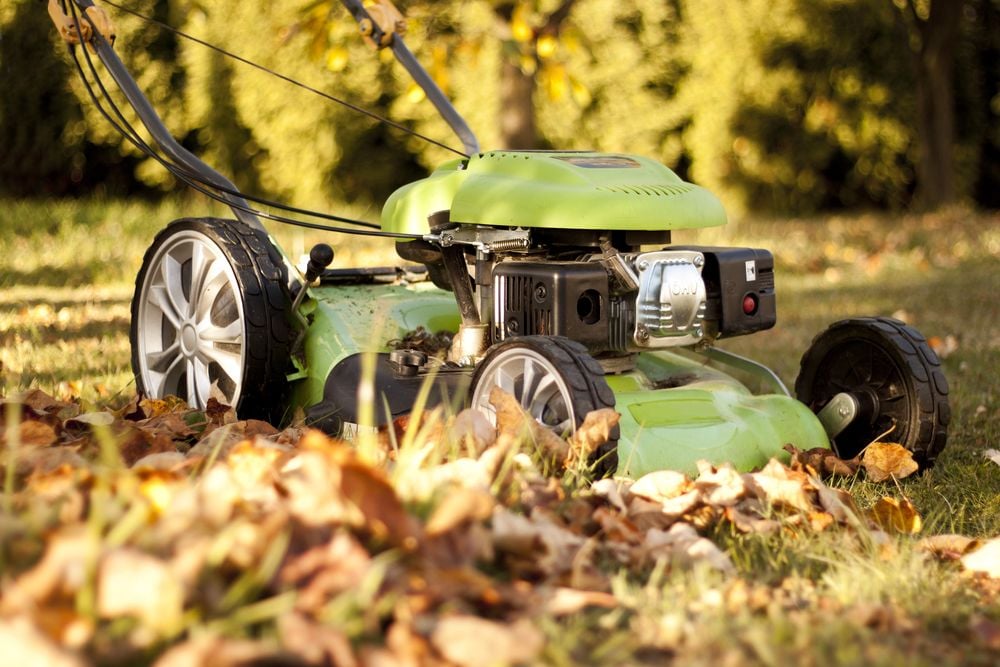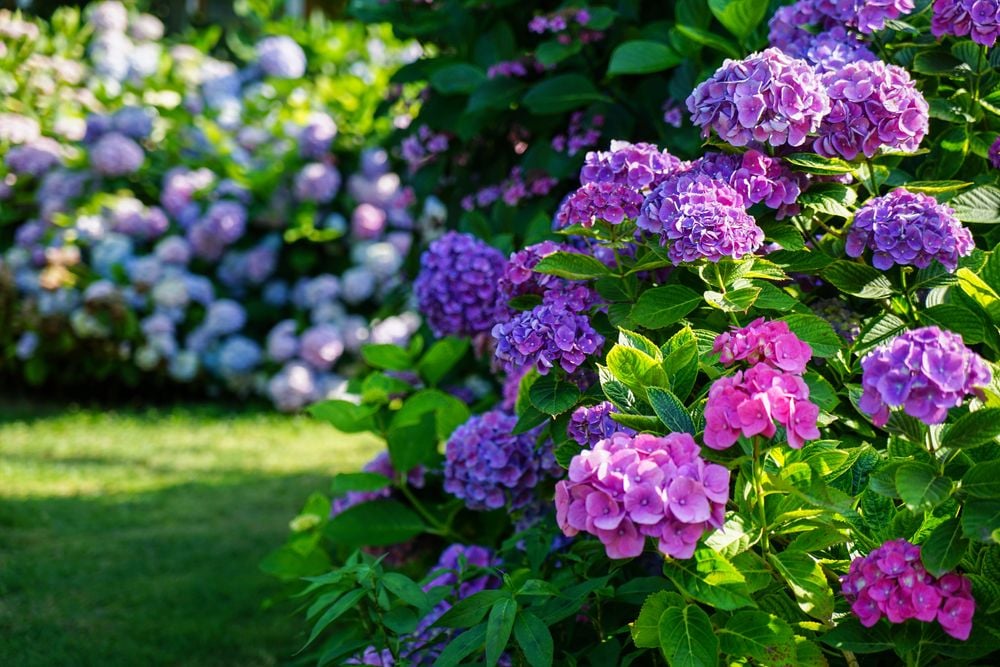
Battle Garden Pests with Natural Weapon: The Nematode
- Jun 13, 2025
Battling garden pests such as grubs can be a major impediment to achieving your dream lawn or a flourishing, productive garden. Pests munch on the roots of plants causing extensive harm. Lately, many gardeners are making a shift from chemical pesticides to a natural organic method of pest control: nematodes. Experts will unpack these tiny organisms known as nematodes for us and explain how they can be enlisted in your garden to fend off pests and enrich soil health.
Citing Casey Williams, mentor and advisor for Soil Food Web School, nematodes are minuscule, thread-like worms that occur naturally in soil. These tiny worms are the next big thing in organic pest control. While some nematodes can harm plants, most species are beneficial. As Williams explains, "These helpful worms play a key role in nutrient recycling, aiding plant growth, and controlling insects lurking in the soil, roots, trunks, or mulch layers."
Williams delineates that the nematodes useful in controlling garden pests are entomopathogenic nematodes or what many refer to as "beneficial nematodes." They primarily target the larval stages of specific insects. Williams illustrates how these nematodes infiltrate an insect's body and discharge bacteria that degrade the host from within, thus providing a food source for nematodes and their offspring.
Using beneficial nematodes is an organic and safe alternative to handling garden pests without having to resort to synthetic pesticides. Williams celebrates a few of the remarkable merits of employing nematodes.
Nematodes are a significant adjunct to organic pest control. As Williams illustrates, "These worms target specified pests in their larval or pupal stages, interfere with future cycles, and disrupt the pest's feeding and reproductive patterns."
Williams notes that nematodes are harmless to humans, pets, pollinators, and other beneficial soil organisms like earthworms. This starkly contrasts with broad-spectrum pesticides, which upset the equilibrium of the garden's ecosystem.
Adding nematodes to your garden can be as simple as mixing them in water and spraying the concoction on the soil, or applying them directly onto tree trunks and limbs. Williams suggests, "Nematodes can help conserve soil life and uphold a burgeoning, biologically diverse garden by diminishing the need for synthetic chemicals."
Citing Carla Machado, director at Soil Domains, instigating a varied population of soil organisms, including nematodes, can foster soil structure and fertility. Nematodes are critical in nurturing healthy soil and helping achieve complete nutrient cycling in balanced ecosystems.

To ensure your garden is pest-resistant, follow these recommended guidelines. Remember to carefully study and adhere to the application instructions for nematodes you buy to make sure effective pest control.
Spring and fall are usually the ideal times to introduce nematodes into your garden when pests are mostly in their larval stage. Keeping protected from direct sunlight, nematodes are best applied on overcast days or early evenings. It's best to avoid application during heatwaves or when temperatures go beyond 80 degrees Fahrenheit. Soil temperatures between 60 and 75 degrees Fahrenheit are optimal for application.
Supplementing soil health with composting, mulching, and organic fertilizers can support beneficial nematode populations and other beneficial microbes, says Portugal. Shunning chemical pesticides and synthetic fertilizers is necessary to protect beneficial nematodes and other soil organisms from harm.
Locating a dependable source of nematodes can be tricky. As Portugal warns, extraction and transportation of live nematodes is intricate due to their short shelf life.
Portugal advises using biologically active compost, compost extract, or vermicompost as a more reliable approach, as these infuse the soil with healthy organisms. You can purchase these online or from gardening centers. Else, you can create your own culture and extraction.
Those new to nematodes might consider consulting a soil food web specialist or biological control specialist, as Portugal suggest that "the last thing you'd want is an invasive species overpowering beneficial organisms and damaging your crops." Dedicate time to finding a well-reputed supplier. Carefully follow Portugal's tips to ensure a successful experience.
Nematodes are susceptible to factors such as soil moisture, temperature, and pH. Suboptimal conditions might limit nematodes' effectiveness. Generally, nematodes start working after about 48 hours, but noticeable reduction in targeted pests will take a few weeks. Nevertheless, nematodes are harmless and there's no danger in applying too many.






